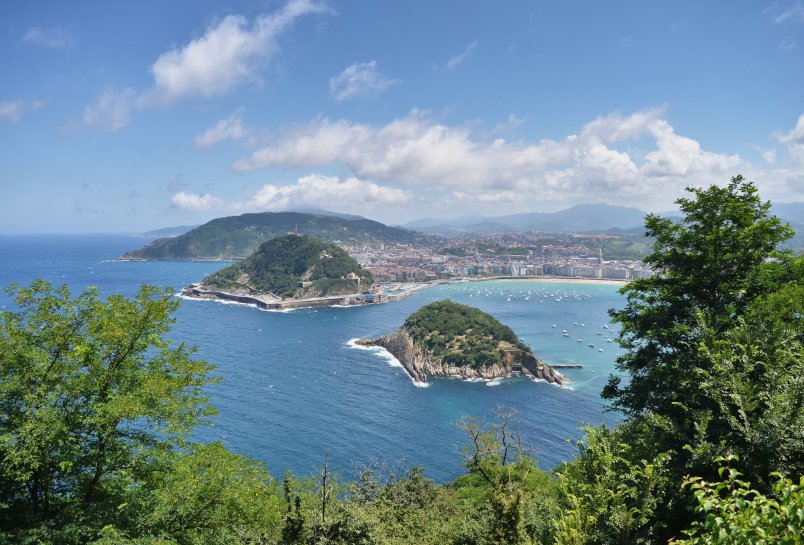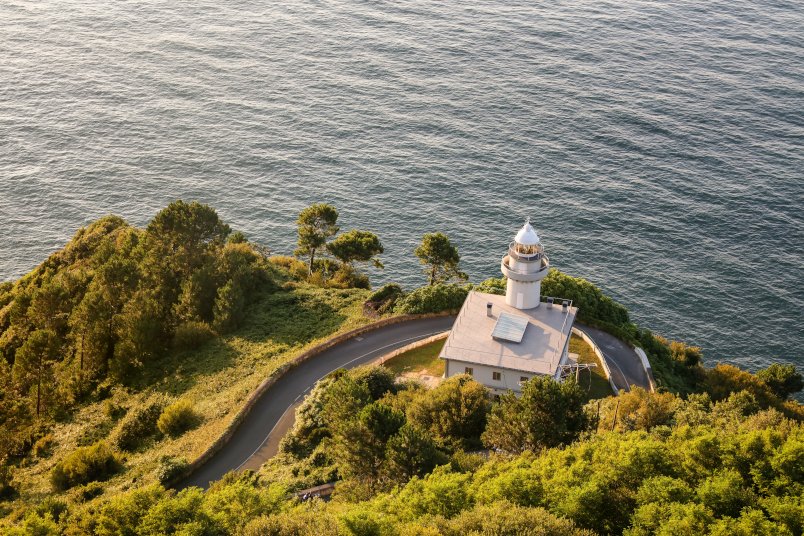Euskera and tourism in Donostia/San Sebastián
- Basque
- 2023 Dec 01
There was a time when most people spoke Basque in our city
The Basque language, Euskera, is also spoken in Donostia alongside Spanish. There was a time when most people spoke Basque in our city, and that is why many places in Donostia have retained their names in Euskera. For example, if we take a look at the names of places in the city, we see that many of them end in -berri, -aga, -eta, -tegi, -ene(a) etc.

For multiple reasons, however, Basque was marginalised from its previous status as the habitual language used by the people of Donostia. In fact, for many years it was banned in schools and public administration in the mid-20th century. During this period another phenomenon emerged with a direct influence on knowledge of the language: immigration. This was when large numbers of people who spoke only Spanish arrived in the Basque Country, and the population of Donostia, for example, doubled between 1930 and 1970. Since then, the city's public institutions and social agents have worked and are still working to reverse this situation of linguistic vulnerability. The upshot is that now 46.67% of the inhabitants of Donostia are Basque speakers, and approximately 21% of them understand Euskera.

This proportion, however, is not the same in all districts. In some of them the proportion of Basque speakers is considerably larger, such as, for example, Zubieta (78% compared to 12%) and Igeldo (63.4% against 17%), and slightly less so in Añorga. These three districts, at some distance from the centre, have a small population, and to date they have had more links to a traditional existence.
 Panoramic views from Igeldo
Panoramic views from Igeldo
Euskera is a minoritised language in its own territory, i.e. not all the functions performed by a language can be carried out in Basque for a number of reasons. For example, not all its inhabitants have knowledge of Basque, and Basque speakers have to change languages to speak to them. Additionally, not all Euskera speakers can read in Basque, and this means that any texts shared with them are normally shared in Spanish. Another reason, for example, is that press, television, Internet and the digital universe in general are much harder to come by in a minoritised language.
This means that, in order to survive, a language needs spaces where all functions are carried in that language. These spaces are known as arnasguneak (breathing spaces) because they are similar to the functions of the language's lungs. Here Basque is learned naturally, and in normal relations the usage of Euskera is a habitual occurrence because all or almost all of those who live in these spaces know the language. In Igeldo and Zubieta, already mentioned, Euskera can be breathed because most of those who live there use it on a normal basis.
Igeldo is one of our city's most popular visits, and so those who go there can help protect our culture and our language, by learning and using a few words, with a proactive attitude in this respect etc. This means that tourism and Euskera can go hand in hand in our city
 Mount Igeldo lighthouse
Mount Igeldo lighthouse
